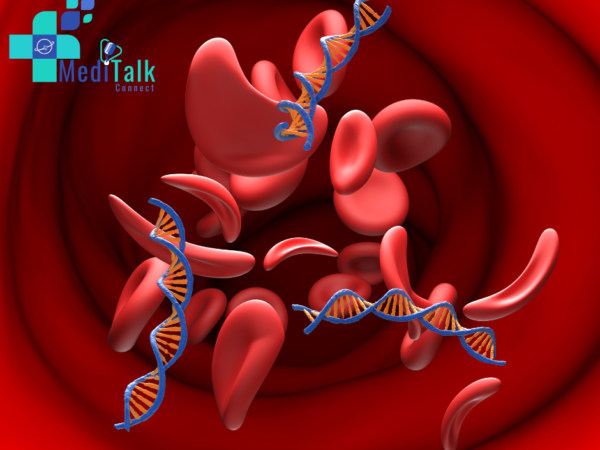Depression, a complex and multifaceted mental health condition, manifests in various forms, each presenting unique challenges for individuals affected. This extensive exploration delves into the spectrum of depression types, shedding light on the nuances that distinguish them. From major depressive disorder to seasonal affective disorder, understanding the diverse manifestations is crucial for accurate diagnosis, tailored treatment plans, and compassionate support.
Major Depressive Disorder (MDD):
As the most common form of depression, Major Depressive Disorder encompasses persistent feelings of sadness, loss of interest or pleasure in activities, and a range of cognitive and physical symptoms. This type often interferes significantly with daily functioning and requires comprehensive intervention strategies.
Persistent Depressive Disorder (PDD):
Formerly known as dysthymia, Persistent Depressive Disorder involves chronic and long-term depressive symptoms lasting for at least two years. While the intensity may be milder than MDD, the prolonged nature of the symptoms poses unique challenges, impacting overall quality of life.
Bipolar Disorder:
Bipolar Disorder, characterized by extreme mood swings between depressive lows and manic highs, introduces a dynamic dimension to depression. Individuals with bipolar depression experience periods of intense energy and euphoria followed by depressive episodes, necessitating specialized treatment approaches.
Seasonal Affective Disorder (SAD):
Linked to changes in seasons, Seasonal Affective Disorder typically occurs during fall and winter when sunlight exposure decreases. Symptoms include low energy, irritability, and changes in sleep patterns. Light therapy and lifestyle adjustments are often integral components of its management.
Psychotic Depression:
In Psychotic Depression, individuals experience severe depressive symptoms accompanied by psychotic features such as delusions or hallucinations. This type requires careful evaluation and a combination of antipsychotic medications and antidepressants for effective management.
Postpartum Depression:
Affecting new mothers, Postpartum Depression emerges after childbirth, characterized by feelings of extreme sadness, anxiety, and exhaustion. Hormonal changes, sleep deprivation, and the demands of motherhood contribute to its development, warranting specialized support and treatment.
Premenstrual Dysphoric Disorder (PMDD):
A more severe form of premenstrual syndrome (PMS), PMDD involves intense mood swings, irritability, and depressive symptoms in the luteal phase of the menstrual cycle. Hormonal fluctuations play a key role, and targeted interventions aim to alleviate these cyclical symptoms.
Situational Depression:
Triggered by specific life events or stressors, Situational Depression is characterized by a temporary onset of depressive symptoms. Loss, trauma, or significant life changes contribute to its development, and supportive interventions focus on coping strategies and resilience.
Atypical Depression:
Atypical Depression presents with distinctive features, including mood reactivity, increased appetite, and hypersomnia. Individuals may experience temporary improvements in mood in response to positive events, differentiating it from other forms of depression.
This comprehensive exploration of depression types underscores the diverse nature of this mental health condition. Recognizing the unique characteristics of each type is pivotal for accurate diagnosis and the formulation of effective, tailored treatment plans. From the pervasive impact of Major Depressive Disorder to the dynamic mood swings of Bipolar Disorder, understanding the spectrum of depression fosters empathy, awareness, and targeted interventions. In the journey towards mental well-being, this nuanced understanding serves as a compass, guiding individuals, healthcare professionals, and support networks in navigating the complex landscape of depression.




